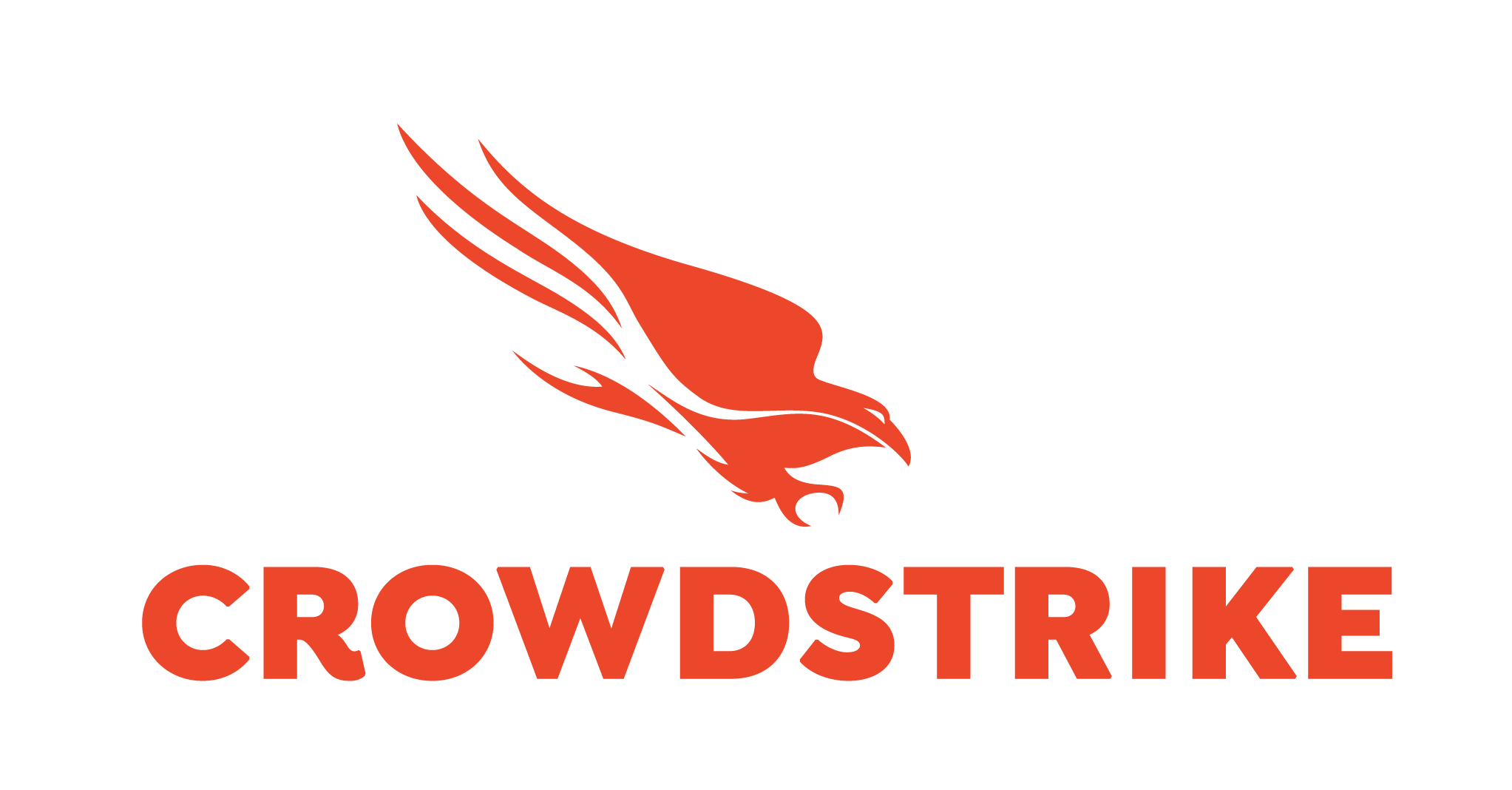

Overview
Falcon is the Digital Twin Simulation Platform helping transform the way users develop and deploy smart systems with domain tailored simulation designed to meet high-fidelity needs of any use case. Falcon is trusted by leading robotics and AI/smart systems teams as a complete spatial simulation solution that combines speed and accuracy with unparalleled accessibility. Accurate synthetic data and predictive behavior modeling generated in Falcon help our customers successfully bridge the Sim2Real gap.
Falcon is a powerful simulation tool but it is designed to be used by engineers and to integrate into their existing workflows without need for a dedicated simulation team. This usability is powered by comprehensive end to end workflows that closely mirror the physical world processes of the user.
How does this work in practice? Falcon provides a catalog and asset management solution that supports the import of most 3d model formats. Users bring in digital twins of their physical assets (machine systems and static items) and photoreal environments (existing or created based on geospatial data via a custom AI pipeline) into Falcon.
Falcon enables users to bring in physics and behavior accurate models of their machines along with their complete autonomy software. Accurate behavior is achieved via native integrations and support of most protocols vital for AI and autonomous systems. This includes: ROS/ROS2 integration and AI pipelines along with MATLAB models and native co simulation capabilities.
Complex real world scenarios are composed modularly by leveraging the available and custom made digital twins as building blocks. This modular nature along with a flexible Python API lets users tune and modify any scenario at runtime without need for building a whole new scenario. The same process allows for the placement of virtual sensors onto any system in the scenario. Falcon includes an instantly available library of sensors (multiple cameras/Lidar/Radar/GPS/IMU and more) along with support for addition of custom and proprietary sensors.
Falcon enables scenario simulation to be carried out deterministically and in real time (with faster and slower than real time capabilities). Resulting data can be leveraged for any use case. Data generated via open loop simulation is exported to any desired storage solution for ML/AI model training. Data from closed loop simulation is streamed over ROS/ROS2 or other messenger systems and is leveraged to test and fine tune machine behavior.
Highlights
- Sim2real: Tune system twins and virtual sensors to match observed data and proven data permeability from simulation output as verified by demanding Fortune 100 customers. Run Open-Loop simulation for synthetic data generation or Closed-Loop for autonomous systems validation and process automation - collaboratively and in the cloud.
- Context: Quickly setup diverse scenarios using Unreal Engine based Editor and a massive catalog of simulation ready system, item and space twins.
- Intelligence: Python API and Falcon middleware integrates with proprietary and open source messaging protocols like ROS/ROS2 and the latest generation of AI models.
Details
Typical total price
$3.516/hour
Features and programs
Financing for AWS Marketplace purchases

Pricing
Instance type | Product cost/hour | EC2 cost/hour | Total/hour |
|---|---|---|---|
g4dn.xlarge Recommended | $2.99 | $0.526 | $3.516 |
Additional AWS infrastructure costs
Type | Cost |
|---|---|
EBS General Purpose SSD (gp2) volumes | $0.10/per GB/month of provisioned storage |
Vendor refund policy
We do not support refunds currently, but you can cancel at anytime.
Legal
Vendor terms and conditions
Content disclaimer
Delivery details
64-bit (x86) Amazon Machine Image (AMI)
Amazon Machine Image (AMI)
An AMI is a virtual image that provides the information required to launch an instance. Amazon EC2 (Elastic Compute Cloud) instances are virtual servers on which you can run your applications and workloads, offering varying combinations of CPU, memory, storage, and networking resources. You can launch as many instances from as many different AMIs as you need.
Version release notes
Version: V4.1.0201 Win and Linux
New Features Addition of real time video streaming sensor currently supports h264 format DTES system twins support in peregrine Interactive python console integrated into FalconSim allowing real time modification to the simulation world Extended python UE reflection interface and pyi generation for dupython Draco glb compressions support
Improvements Capture sensor; roughness, metallic, and specular buffers exposed as SensorComponent DuWorld and DuConductor combined into one plugin; DuCore Error message cleanup for FalconSim to simplify debugging for user Material compilation errors fixed for Pixel depth
Known issues Nanite not supported by CaptureSensor pytorch conflicts
FalconEditor - Early Release Version: 4.1.01222 Windows release
Features Addition of support for SystemTwins FalconEditor installer for Windows
Improvements Removed Save Space Twin as/Load Space Twin buttons Disabled Save Scenario during PIE. When saving the deltas of an actor spawned as a dtEncapsulation, the deltas are now saved inside the dtEncapsulation scope only. Fixed loading a scenario with the deltas of the actors saved in a dtScope Added saving of rotation/scale deltas on Save Scenario. Prevent save of a scenario delta over the original scenario. PixelDepthOffset fix ChaosVehicleWheel fix DuGameMode will only be forced for scenario editing mode. Plain unreal projects will be able to use any GameMode necessary Fixed scenario switch Fixed TransitionMap Removed necessity for Emtpy.pak for builtin assets Added path length limit to install directory Added environment variables as temporary variables Fixed DefaultMap
Known issues
Additional details
Usage instructions
Carefully review EC2 hourly prices and select the instance type that fits your budget and bandwidth requirements. We recommend g4dn.xlarge as Falcon requires a Tesla T4 GPU to operate.
Launch the instance with the desired instance type and connect to the instance by going to https://<instace ip address>:8443/#console . The instance is pre-configured with NiceDCV.
The initial login is ubuntu for the username and the instance ID for the password. Be sure to change the password to something only you know after logging in.
FalconSim and FalconEditor are installed and configured on your instance. You will find the readme.txt file on your desktop; this file contains basic operating instructions.
Remember to stop your instances when you don't need them to avoid EC2 hourly charges. Note that when you start your instance again it will receive a new public IP address; you can use Elastic IP addresses to make your instances always have a permanent public IP address. As you need you may create instances in multiple regions. Terminate instances when you no longer need them.
Resources
Vendor resources
Support
Vendor support
For any questions or queries regarding the usage of Falcon please refer to our tailored documentation with detailed examples to help you get started. If you still feel stuck please contact us at support+AWS@duality.ai with AWS Falcon YourSubject in the email title. Our support team aims to respond within one business day. Expect a reply to the email address you used to send the query. If you are keen on a support call or on demand training please use the support email ID.
AWS infrastructure support
AWS Support is a one-on-one, fast-response support channel that is staffed 24x7x365 with experienced and technical support engineers. The service helps customers of all sizes and technical abilities to successfully utilize the products and features provided by Amazon Web Services.
Similar products




